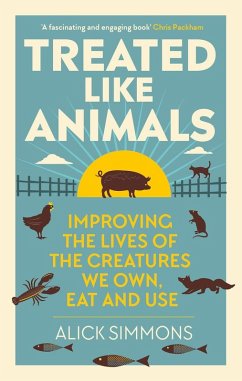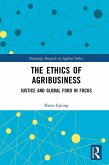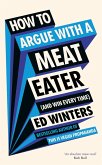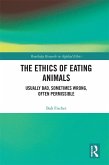You don't have to be an animal rights activist to take an interest in how we treat other creatures. All of us, with few exceptions, use animals in some way: for food, research, recreation and companionship. In Britain we eat around a billion chickens every year, while 60% of all mammals on Earth, by biomass, are now livestock. In 2020, approximately 2.88 million scientific procedures involving living animals were carried out in Great Britain.
Because all this happens in our name, as consumers and citizens we have a duty to understand, to care and to exert some influence over how animals are used. But because such use is ingrained in our daily lives and largely happens behind closed doors, we are barely aware of it. The animals deserve better. Understanding the inconsistencies in our attitudes, in the law and in what is deemed acceptable practice is an important first step.
This timely and incisive book makes compelling reading for anyone who has an interest in animals, whether wild or domestic, free-living or captive, people intrigued about how their food is produced, and those keen to make informed and intelligent decisions.
Because all this happens in our name, as consumers and citizens we have a duty to understand, to care and to exert some influence over how animals are used. But because such use is ingrained in our daily lives and largely happens behind closed doors, we are barely aware of it. The animals deserve better. Understanding the inconsistencies in our attitudes, in the law and in what is deemed acceptable practice is an important first step.
This timely and incisive book makes compelling reading for anyone who has an interest in animals, whether wild or domestic, free-living or captive, people intrigued about how their food is produced, and those keen to make informed and intelligent decisions.
Dieser Download kann aus rechtlichen Gründen nur mit Rechnungsadresse in A, D ausgeliefert werden.









